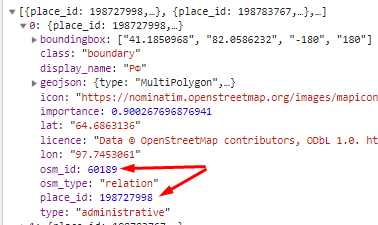Answer the question
In order to leave comments, you need to log in
What is the right way to implement the product location storage architecture?
There is a table with goods.
There is a table with addresses where each product is available.
Example

Answer the question
In order to leave comments, you need to log in
Didn't find what you were looking for?
Ask your questionAsk a Question
731 491 924 answers to any question